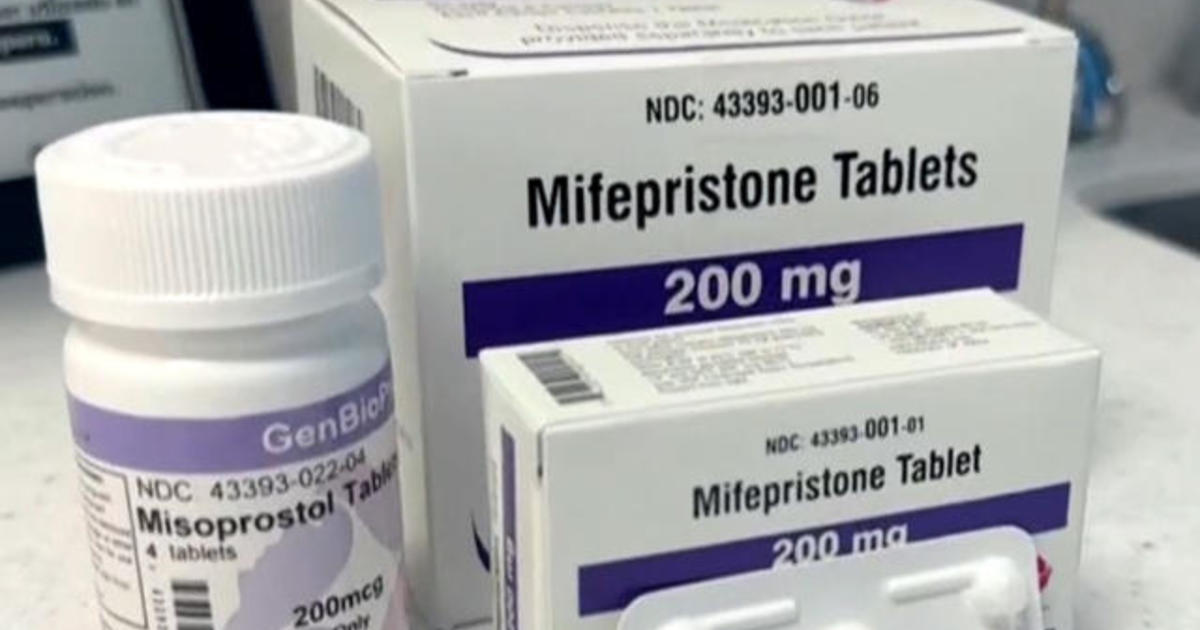The Supreme Court recently heard arguments in a case concerning access to a common abortion medication. The case revolves around a federal requirement that women seeking the medication must pick it up in person at a hospital, clinic, or medical office. This requirement has been in place since the medication was approved by the FDA in 2000. The case was brought before the Supreme Court by the American College of Obstetricians and Gynecologists and other medical groups, who argue that the requirement poses unnecessary risks to women’s health, especially during the COVID-19 pandemic.
During the arguments, the justices expressed concerns about the requirement, with Justice Sonia Sotomayor questioning why the FDA’s rules for the medication were different from those for other drugs that could be obtained through telemedicine. The medication in question, mifepristone, is used to induce abortion in the first 10 weeks of pregnancy. The plaintiffs argue that requiring women to pick up the medication in person puts them at risk of exposure to COVID-19 and other health risks, especially in areas where clinics are far apart or difficult to access.
The case has implications for access to abortion care in the United States, as mifepristone is one of the most commonly used medications for inducing abortion. If the requirement for in-person pickup is upheld, it could make it more difficult for women in rural or underserved areas to access the medication. The case also raises questions about the FDA’s regulations for medications like mifepristone, and whether they are based on medical evidence or political considerations.
The Supreme Court’s decision in this case could have far-reaching implications for reproductive rights in the United States. The case comes at a time when access to abortion care is already under threat in many states, with restrictive laws and regulations making it difficult for women to access the care they need. The outcome of this case could either expand access to abortion care by allowing women to obtain the medication through telemedicine, or further restrict access by upholding the requirement for in-person pickup.
Overall, the case before the Supreme Court concerning access to a common abortion medication raises important questions about women’s health, reproductive rights, and the role of government regulations in healthcare. The justices’ concerns about the requirement for in-person pickup and its impact on women’s health suggest that they are taking the case seriously. Ultimately, the decision in this case will have significant implications for access to abortion care in the United States, and could shape the future of reproductive rights in the country.









